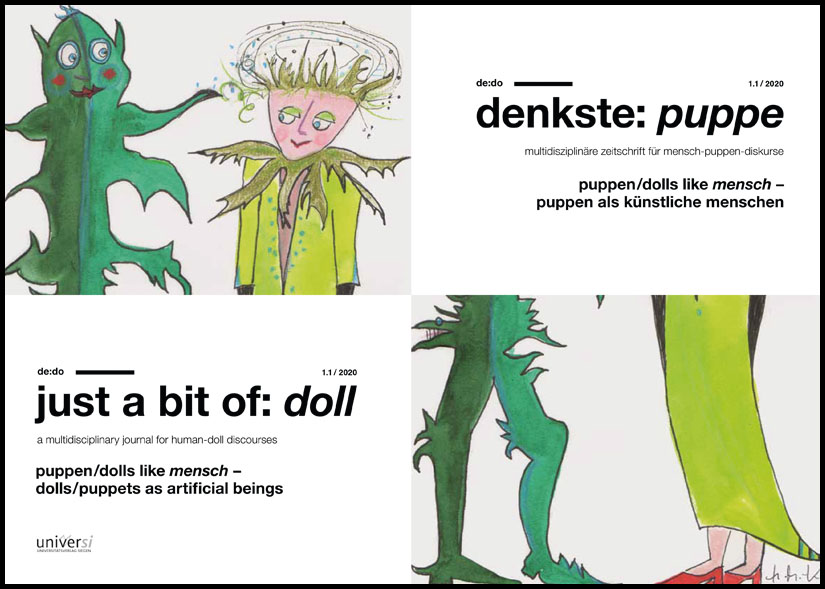Medieval Cyborgs? Automata as Human Beings in the Middle High German and Old French Troy Novel (Benoît de Sainte-Maure/ Herbort von Fritzlar)
Keywords:
cabinets of humanoid automata, 12th century Troy-narratives, human-machine-interferenceAbstract
Automata play an important role in medieval courtly literature in both old French and middle high German narratives. In particular, humanoid automata also draw attention to problems that occur in modern science fiction too. The present work examines the “Chambre de Beautés” in two 12th century Troy-narratives, the Roman de Troie of Benoît de Sainte-Maure (ca. 1165) and its German counterpart, Herbort’s von Fritzlar Liet von Troye (ca. 1190-1200). The discussion of these artificial entities shows that modern cultural-scientific approaches (e.g. Haraways “in/appropriate other”) raise a new perspective especially for the interferences between man and machine and their possible perception in medieval texts.
Downloads
Published
How to Cite
Issue
Section
License
Copyright (c) 2020 Ronny F. Schulz

This work is licensed under a Creative Commons Attribution-ShareAlike 4.0 International License.



